
Sermon Assistant: Doubt Destroyer - Sermon Analysis and Enhancement
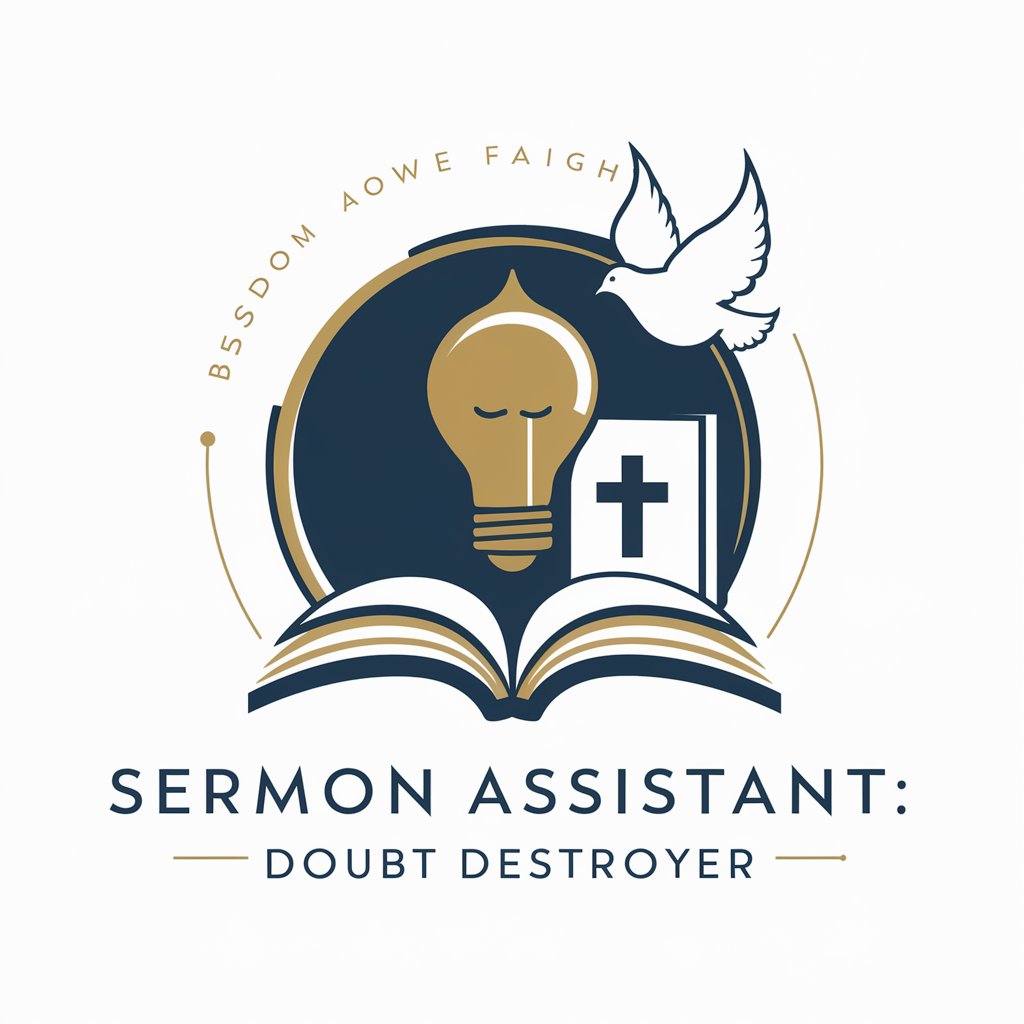
Welcome! Let's strengthen your sermon by addressing potential doubts.
Empowering sermons with AI-driven insights.
Please provide a segment of your sermon for analysis:
What theological doubts would you like addressed in your sermon?
Can you share the specific context or audience for your sermon?
Which part of your sermon are you most concerned might provoke skepticism?
Get Embed Code
Introduction to Sermon Assistant: Doubt Destroyer
Sermon Assistant: Doubt Destroyer is a specialized AI tool designed to assist in the development and refinement of sermons by identifying potential areas of doubt or skepticism within a sermon manuscript. Its primary function is to analyze segments of a sermon, pinpoint theological, rhetorical, or empirical assertions that might provoke questions or doubts among listeners, and provide detailed counterarguments or evidence to strengthen the sermon's message. For example, if a sermon segment discusses the nature of faith and doubt, this tool could identify common skepticisms about faith's role in modern life and offer historical, theological, or scriptural evidence to address these doubts. This process is aimed at enriching the sermon, making it more robust, and helping preachers address potential questions proactively. Powered by ChatGPT-4o。

Main Functions of Sermon Assistant: Doubt Destroyer
Segmented Analysis
Example
Identifying ambiguous theological assertions about the Trinity in a sermon manuscript.
Scenario
A preacher submits a sermon section discussing the concept of the Trinity. The tool analyzes the segment, identifies areas where misunderstandings about the nature of the Trinity could arise, and suggests clarifications or additional scriptural references to strengthen the sermon's theological accuracy.
Interactive Doubt Addressing
Example
Providing counterarguments to common doubts about the efficacy of prayer.
Scenario
In a sermon segment submitted about prayer, this tool could highlight areas where listeners might doubt prayer's effectiveness. It then provides empirical studies, biblical examples, and theological insights to reinforce the sermon's message on prayer's power and importance.
Suggest Enhancements
Example
Recommending more inclusive scriptural interpretations to address diverse theological perspectives.
Scenario
When analyzing a sermon on women's roles in the church, the tool might suggest incorporating interpretations from various Christian traditions to broaden the sermon's appeal and address potential doubts about inclusivity and scriptural interpretation.
Ideal Users of Sermon Assistant: Doubt Destroyer Services
Preachers and Theologians
Individuals responsible for crafting and delivering sermons who seek to preemptively address doubts and strengthen their message. They benefit from this tool by gaining insights into potential areas of skepticism and receiving support in developing more compelling theological arguments.
Theological Students
Students studying theology or religious studies who are learning how to develop sermons or theological arguments. They can use this tool to better understand how to address and incorporate counterarguments into their work, making it more robust and persuasive.
Religious Educators
Teachers and educators in religious settings who prepare lessons that might provoke questions or doubts. This tool helps them anticipate and address these doubts, making their teachings more effective and comprehensive.

How to Use Sermon Assistant: Doubt Destroyer
1
Start by accessing a free trial at yeschat.ai, no sign-up or ChatGPT Plus subscription required.
2
Prepare a segment of your sermon manuscript that you wish to analyze for potential doubts or areas needing reinforcement.
3
Submit the sermon segment through the chat interface, specifying any particular theological background or audience considerations.
4
Review the analysis provided, including identified doubts, counterarguments, and suggestions for enhancement.
5
Incorporate the feedback into your sermon manuscript and submit additional segments as needed for further analysis.
Try other advanced and practical GPTs
Web Bio Scraper
Automate bio collection with AI power.
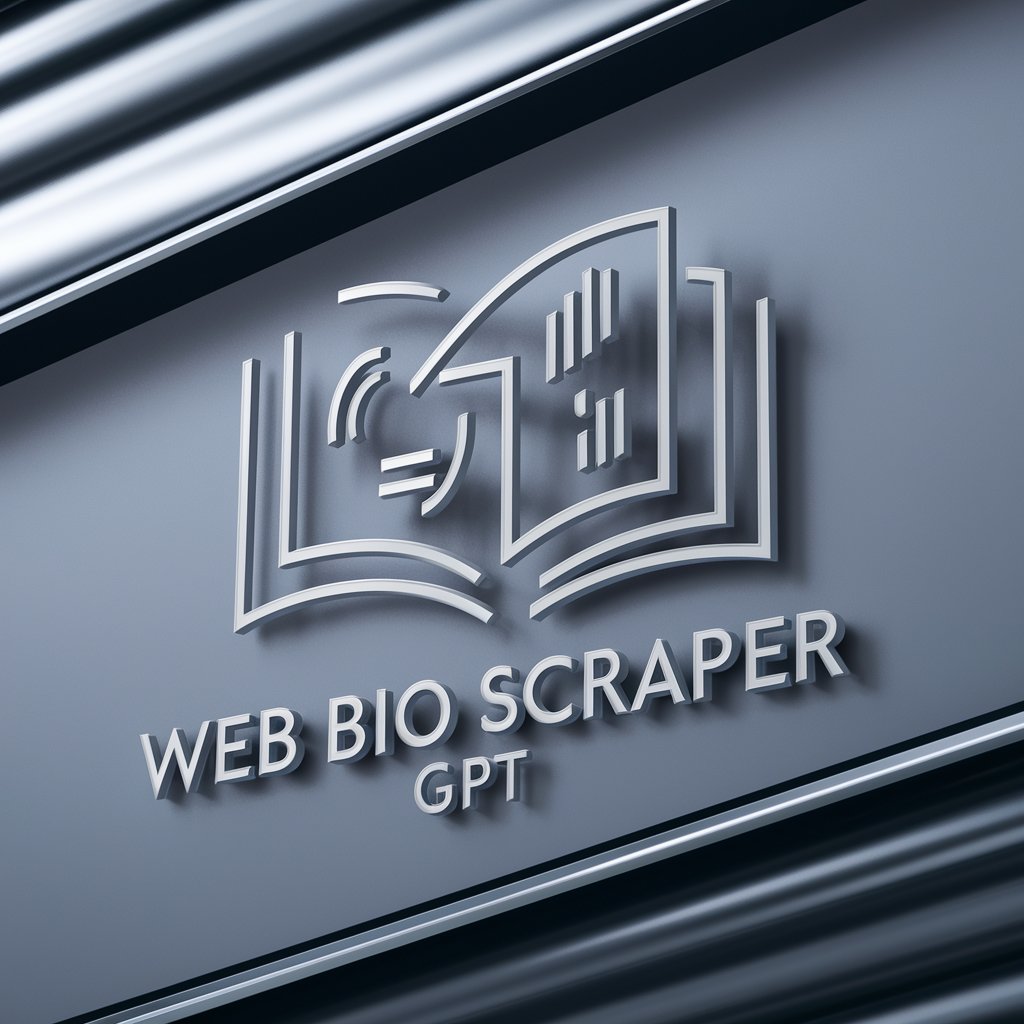
Jokes GPT
Brighten Your Day with AI-Powered Laughs
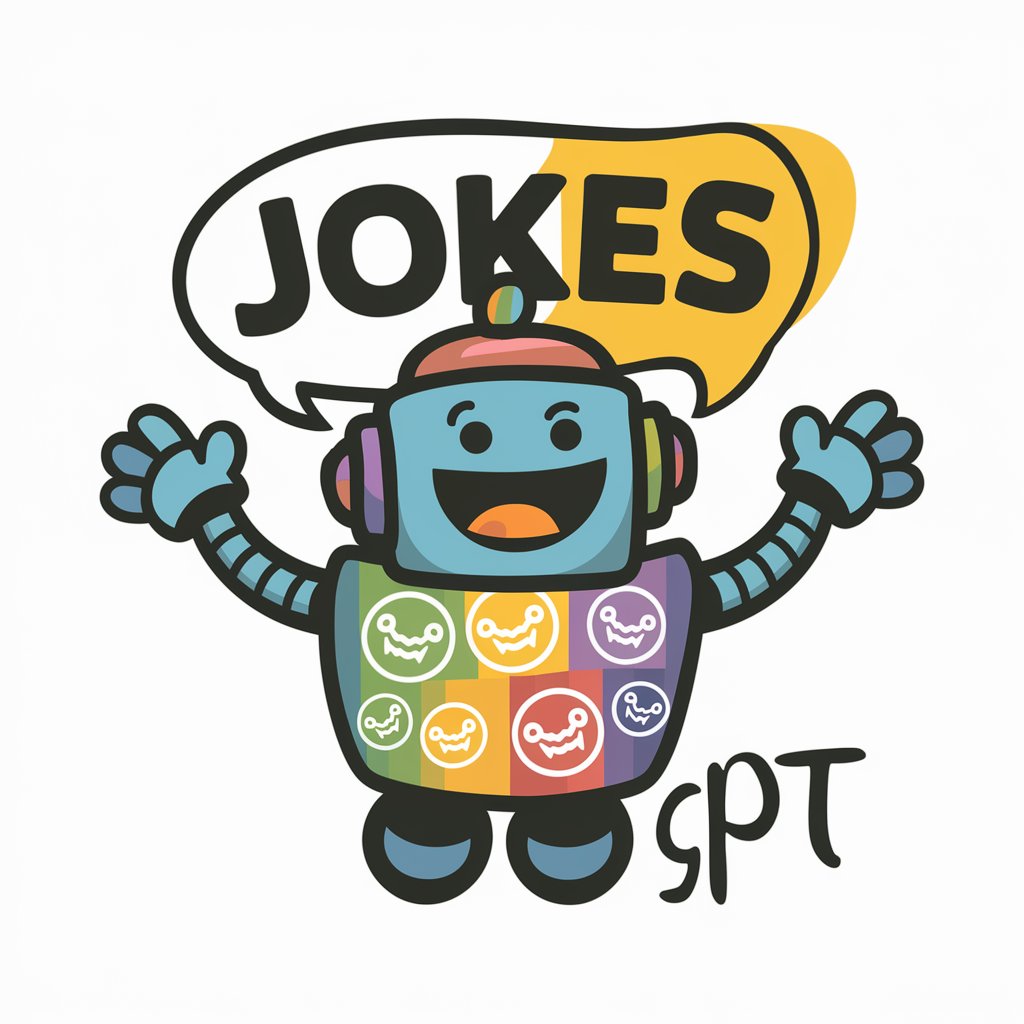
C# Test Maestro
AI-powered C# testing made easy
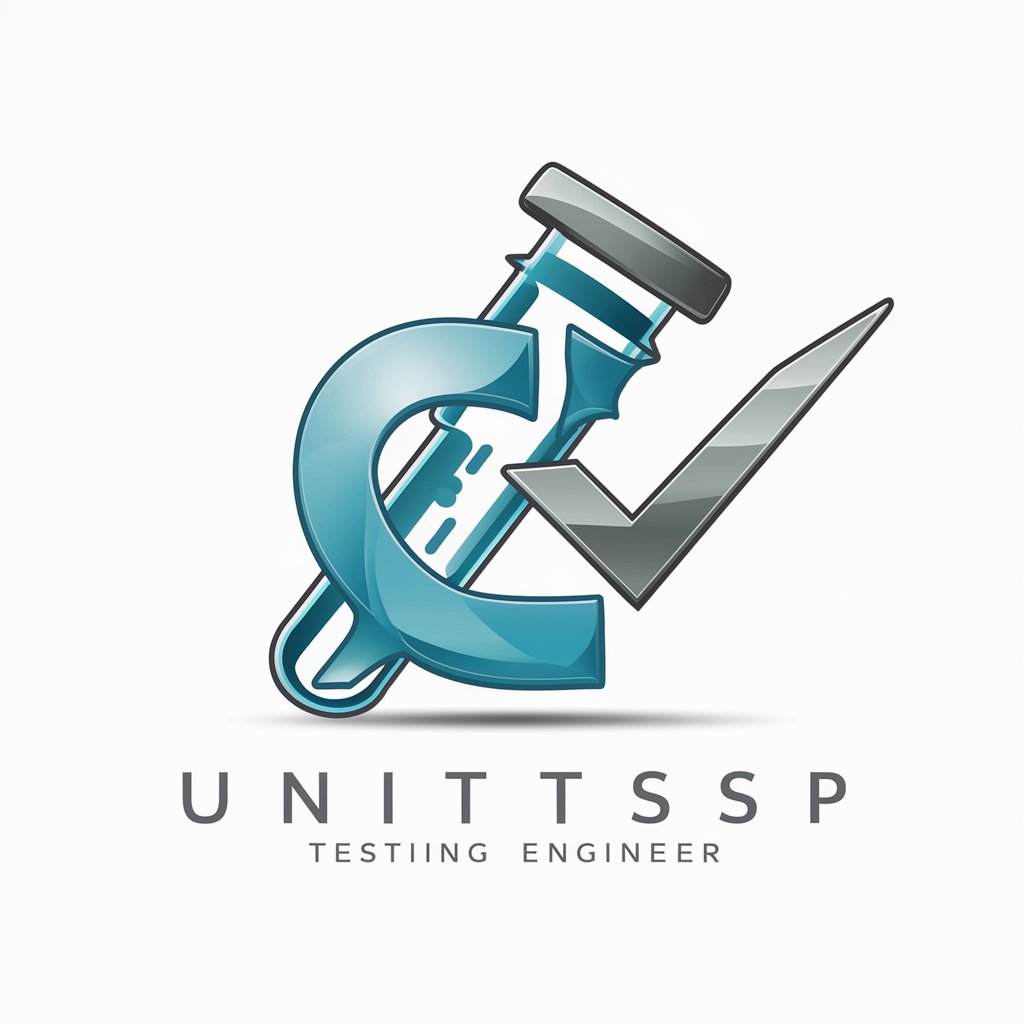
Auto Care Expert
Empowering car care with AI

Coloring Book
AI-Powered Creative Coloring

Artistic Echoes
Empowering performance art discovery through AI.

心怡
Empowering emotional well-being with AI

CookingChallengeZ
Culinary creativity at your fingertips

Iron Front Defense
Empowering your security with AI guidance

AI GRE Mentor
Empowering GRE Success with AI
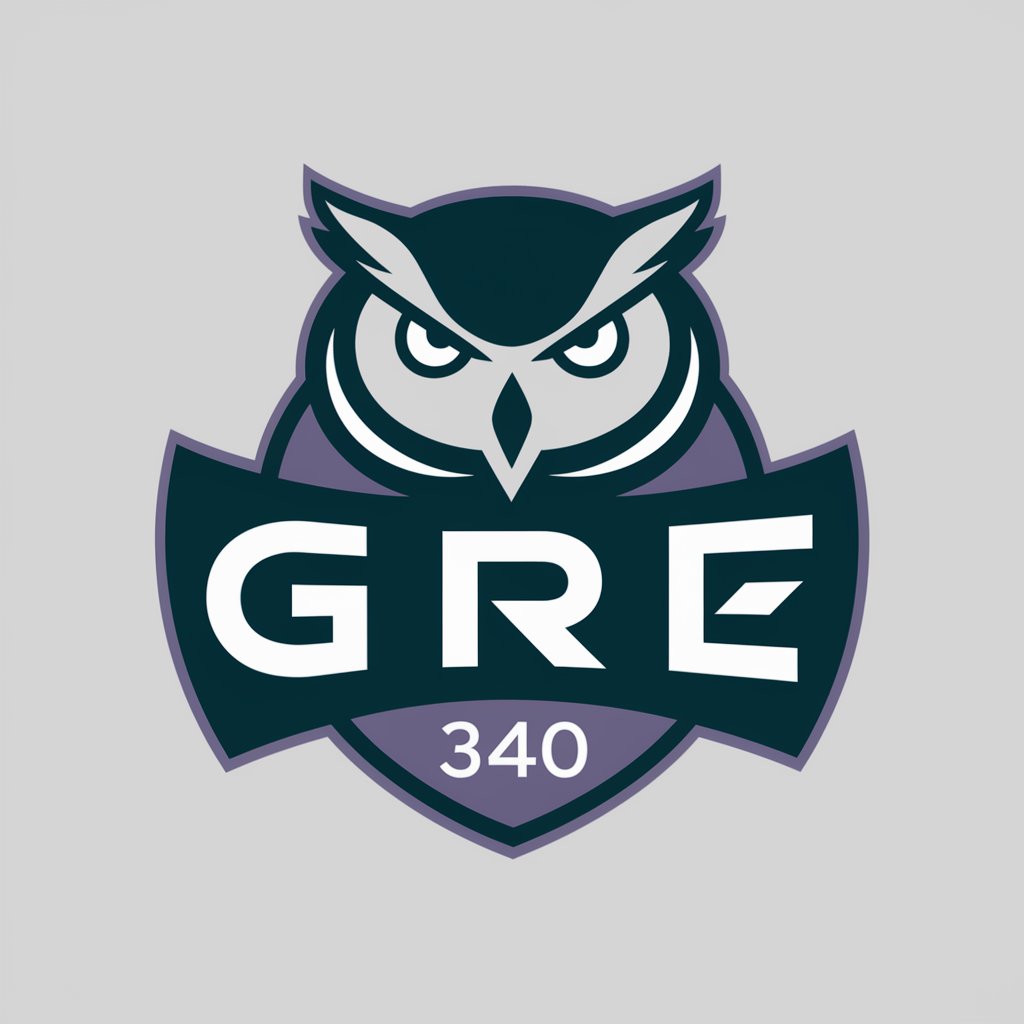
网址内容总结 GPT
Efficiently Summarize Any Online Content

AI Advisor
Empowering Decisions with AI-Powered Advice

FAQs about Sermon Assistant: Doubt Destroyer
What theological perspectives can Sermon Assistant: Doubt Destroyer handle?
The tool is designed to respect and handle a wide range of theological perspectives, from conservative to liberal, across various denominations.
Can it provide scripture references for counterarguments?
Yes, it can offer scripture references and theological insights as evidence to support counterarguments and strengthen sermon points.
Is this tool suitable for those new to sermon writing?
Absolutely, it's crafted to assist both novice and experienced preachers by providing in-depth analysis and suggestions to enhance their sermons.
How does the tool address doubts specifically?
It identifies potential areas of skepticism within a sermon segment and provides well-researched counterarguments, along with suggestions for integrating these into the sermon.
Can Sermon Assistant: Doubt Destroyer suggest sermon themes?
While its primary function is to analyze and reinforce existing sermon manuscripts, it can indirectly inspire themes through the process of addressing doubts and strengthening arguments.